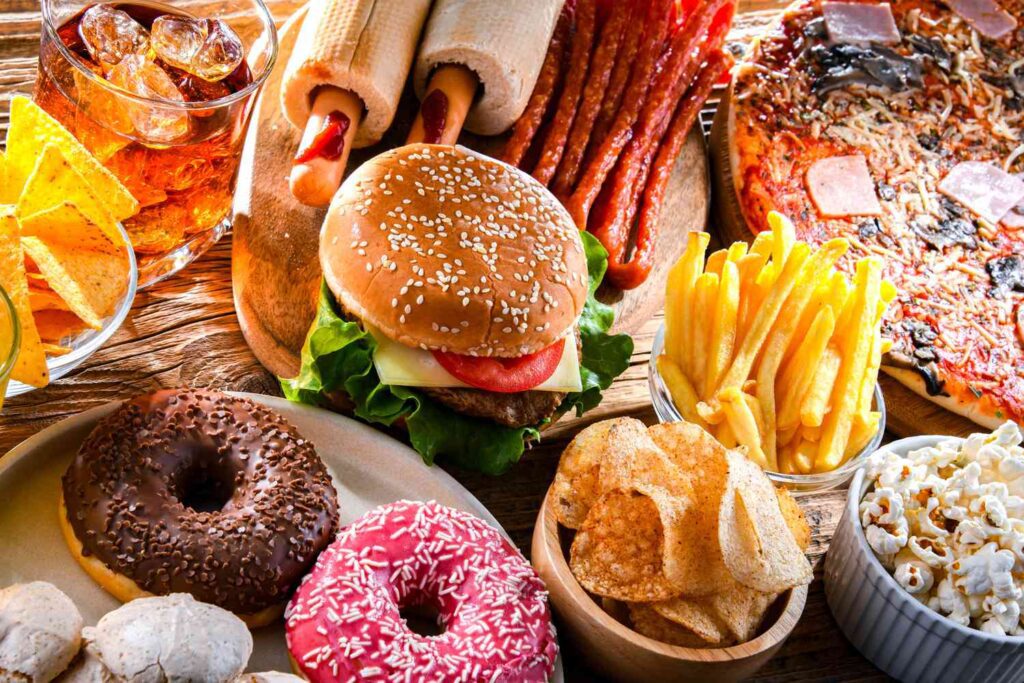- Web
- Feb 15, 2026
Study suggests ultra-processed foods can be addictive
-

- Hum News
- Oct 28, 2023

WEB DESK: A recent study from the University of Michigan has raised concerns about the addictive nature of ultra-processed foods, such as ice cream and potato chips, which are high in sugar and carbohydrates.
Researchers examined 281 studies from 36 countries and found that 14 per cent of adults and 12 per cent of children exhibited signs of addiction to these ultra-processed foods, as defined by the Yale Food Addiction Scale. These addiction rates were comparable to those seen with substances like alcohol and tobacco.
Lead researcher Ashley Gearhardt, a psychology professor at the University of Michigan, stated, “There is converging and consistent support for the validity and clinical relevance of ultra-processed food addiction. By acknowledging that certain types of processed foods have the properties of addictive substances, we may be able to help improve global health.”
Furthermore, Co-author Alexandra DiFeliceantonio, an assistant professor at Virginia Tech University, explained that most natural or minimally processed foods provide energy in the form of carbohydrates or fat, but not both. She said that, unlike some addictions, giving up eating altogether is not an option.
Read More: New study identifies lifestyle factors reducing depression risk
However, some experts have expressed skepticism about the findings. Dietician Erin Palinski-Wade stated, “Although foods rich in added sugar may stimulate the feel-good chemicals in the brain and become habit-forming, sugar itself is not addictive in the way cocaine or another drug may be.”
She added that food cravings are influenced by various factors, including emotions and learned behaviors.
The study’s key findings include the highly rewarding and potentially addictive nature of ultra-processed foods high in refined carbs and added fats. It also suggests that behaviors related to these foods might meet the criteria for a substance use disorder diagnosis in some individuals.
Understanding the addictive potential of such foods could lead to new approaches to clinical care and public policy. Gearhardt stressed the importance of recognising food addiction, especially in low- and middle-income countries, where the affordability, convenience, and marketing of ultra-processed foods make them particularly appealing.




